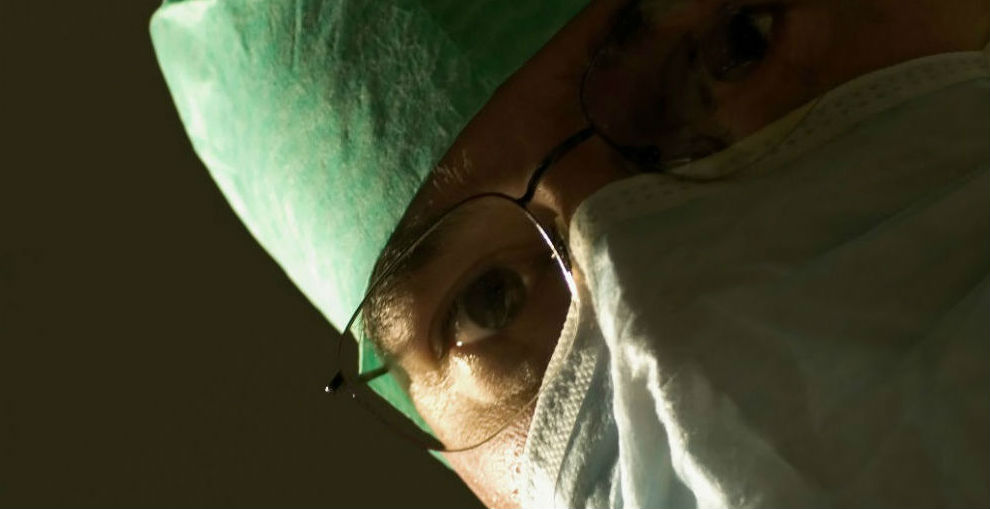
As many as 400,000 patients are harmed because of surgical errors every year. And those mistakes made during surgery are preventable, according to a report issued last year.
“Analysis of Human Performance Deficiencies Associated with Surgical Adverse Events,” published July 31, 2019 by JAMA Network Open, an online portal to numerous medical journals, examined surgical errors made at three hospitals. The researchers reviewed the records of 5,352 operations.
Surgical Adverse Events That Harm Patients
They identified 188 adverse events – something gone wrong that can injure or kill a surgical patient – and more than half (56.4%) were attributed to human error. In one media report on the study’s findings, the then president of the Society of Surgical Chairs, an organization of heads of surgical staffs at hospitals and medical schools, said that based on the number of surgeries performed annually in the United States, this could mean that 400,000 bad surgical outcomes could be prevented each year.
Breaking down the data even further, the researchers determined that over half of the surgical mistakes made due to human error could be linked to cognitive error.
Cognitive errors are those based on faulty reasoning, not executing a specific surgical skill poorly. They include, in this survey, lapses in memory, failure to recognize a problem, and lack of attention to at troubling situation.
Just about 7% of the surgical patients died due to errors found in the study. Other serious patient harm following a surgical mistake included:
· Sepsis
· Surgical site infection
· Tissue or organ damage
So what can be done to prevent surgeons’ mental mistakes?
Mandatory Testing of Older Surgeons
The Society of Surgical Chairs came out last year in support of mandatory cognitive testing of surgeons at least 65 years old. The organization polled its membership and in addition to mandatory cognitive testing for older surgeons, it also recommended transitioning plans be in place for them.
And in January, whether older surgeons should undergo cognitive testing was debated at the national conference of the Society of Thoracic Surgeons, held in New Orleans. Thoracic surgeons generally deal with operations relating to cancerous tumors in the lung, esophagus or around the heart.
At that conference, a doctor from the Washington University School of Medicine in St. Louis said that patient outcomes at the institution declined for surgeons in their senior years. He recommended that younger and senior surgeons consider working together on complex surgeries.
Concerns over mistakes made by older surgeons should not be minimized. In 2017, the American Medical Association’s Council on Medical Education reported that 23% - almost one out of every four – practicing surgeons in the United States are 65 or older.
Bringing attention to errors made by older surgeons can be awkward or even career-threatening for fellow surgeons, surgical nurses, and hospital administrators. But it’s a reasonable action that may prevent the needless death of surgical patients.
If you had a loved one die or was seriously injured because of a mistake made during surgery, an experienced medical malpractice attorney can conduct a full investigation on your behalf.
The choice of a lawyer is an important decision that should not be based solely on advertisements.
Authored by Gray Ritter Graham, posted in Blog February 27, 2020

 RSS Feed
RSS Feed